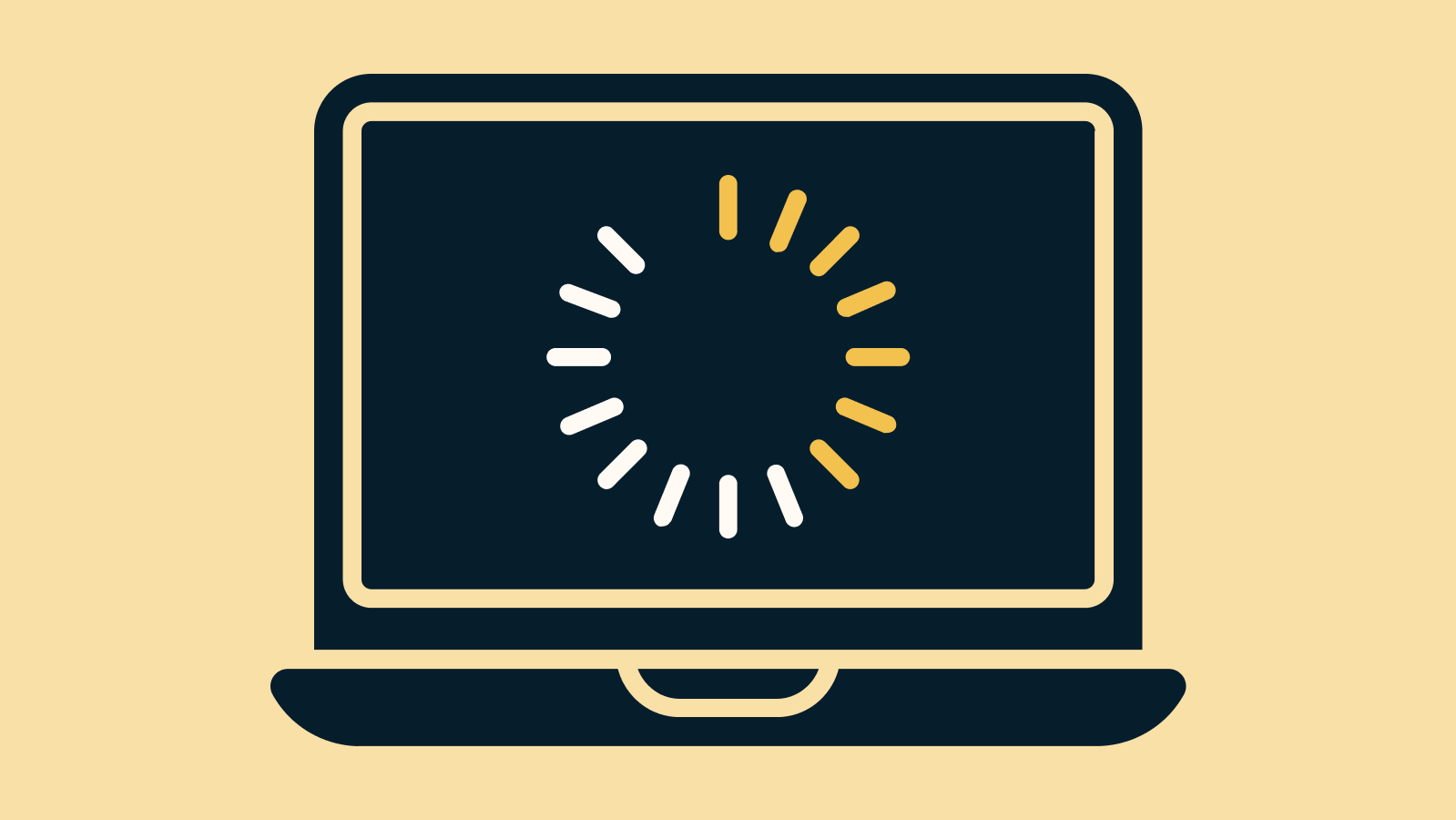Website Speed = Business Speed
Author: Milos Zekovic
A slow website isn’t just a technical issue. It’s a direct threat to your sales, marketing, and reputation. People are impatient. If a page doesn’t load within 2–3 seconds, most users leave. Google knows that. And it penalizes you with lower search rankings.

A slow website isn’t just a technical issue. It’s a direct threat to your sales, marketing, and reputation. People are impatient. If a page doesn’t load within 2–3 seconds, most users leave. Google knows that. And it penalizes you with lower search rankings.
How does a slow website hurt your business?
- Higher bounce rate: Users leave before even seeing your offer.
- Fewer conversions: Anything that loads slowly gets fewer clicks.
- Loss of mobile users: They are the most sensitive to speed.
- Worse SEO rankings: Google uses speed as a ranking factor.
What can you check and fix right away?
- Lighthouse score: Run your site through Google PageSpeed Insights — it’s a good start.
- Optimize images: If you have images of 1MB or more — you’re already losing users.
- Reduce external scripts: Fewer third-party tools = faster site.
- Implement lazy loading for images and videos.
- Switch to faster hosting if your current one creates bottlenecks.
What else helps?
- Host fonts locally instead of loading from Google Fonts.
- Eliminate unnecessary
JS,CSS, andImagefiles. - Use a CDN (e.g.,
Cloudflare). - Caching (browser cache + server cache).
A fast site feels professional, reliable, and modern.
And yes — speed also affects how people perceive your brand.
If you’re not sure where your site slows down — I can do a quick analysis and give you clear steps for optimization.
Contact me and we’ll perform a detailed performance audit with specific recommendations — so your site will be fast, optimized, and ready to retain visitors.
